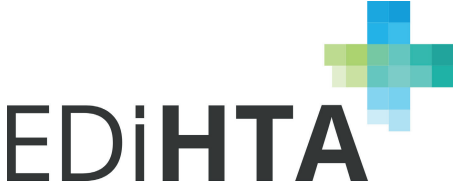The EDiHTA consortium is proud to announce the publication of its first scientific paper, marking an important milestone in the project’s research and dissemination efforts. The article, titled “Shaping the Future of DHT Assessment: Insights on Industry Challenges, Developer Needs, and a Harmonized, European HTA Framework”, was published in the Journal of Market Access & Health Policy as part of the consortium’s work on identifying stakeholder challenges and needs.
The paper was authored by the EDiHTA partners Fruzsina Mezei, Emmanouil Tsiasiotis, Michele Basile, Ilaria Sciomenta, Elena Maria Calosci, Debora Antonini, Adam Lukacs, Rossella Di Bidino, Americo Cicchetti and Dario Sacchini.
The paper captures key barriers and enablers faced by digital health developers across Europe and offers priorities for a more coherent, harmonised approach to HTA. These insights directly inform EDiHTA’s work to design a flexible, validated HTA framework and the forthcoming EDiHTA toolkit for developers.
Read the paper: MDPI — Journal of Market Access & Health Policy (DOI: 10.3390/jmahp13030046)
Abstract:
